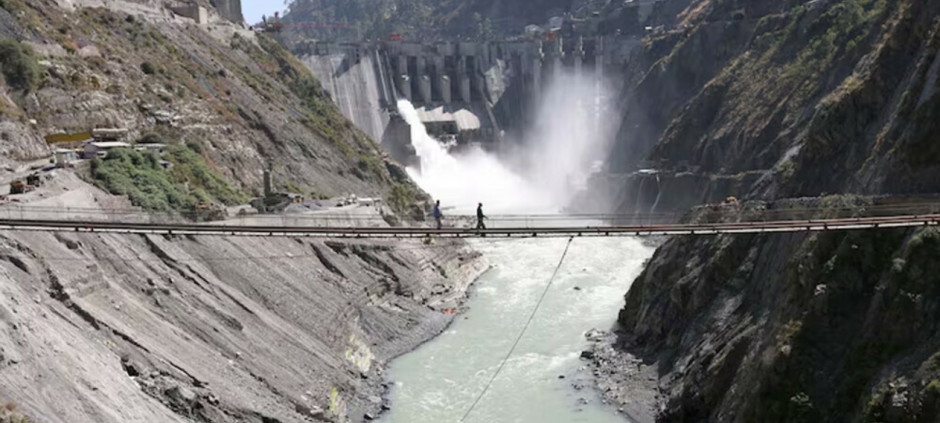India has undertaken a rare reservoir flushing operation at two major hydroelectric projects in Indian Illegally Occupied Jammu and Kashmir (IIOJK), raising new concerns about potential violations of the longstanding Indus Waters Treaty (IWT). The activity, conducted at the Salal and Baglihar dams from May 1 to May 3, released large amounts of sediment-laden water downstream — an action India did not notify Pakistan about, according to sources.
The move comes after India suspended its participation in the IWT last month, following accusations against Pakistan over an attack in Pahalgam that left 26 dead. Pakistan denies involvement and has warned that any effort to alter water flows would be considered an act of war, threatening international legal action in response.
Also Read: Pakistan to Notify India Over Indus Treaty Halt
While immediate impacts on Pakistan’s water supply are unlikely, experts warn that repeated flushing operations at other dams could pose a long-term risk. The Indus Waters Treaty, signed in 1960, governs the shared use of the rivers, requiring India to inform Pakistan of activities that may affect water flows.
Indian officials claim the flushing was necessary to boost power generation by clearing sediment that has hampered dam efficiency. However, analysts view the action as a sign of India seeking greater unilateral control over water management, a development that could further strain bilateral ties.











